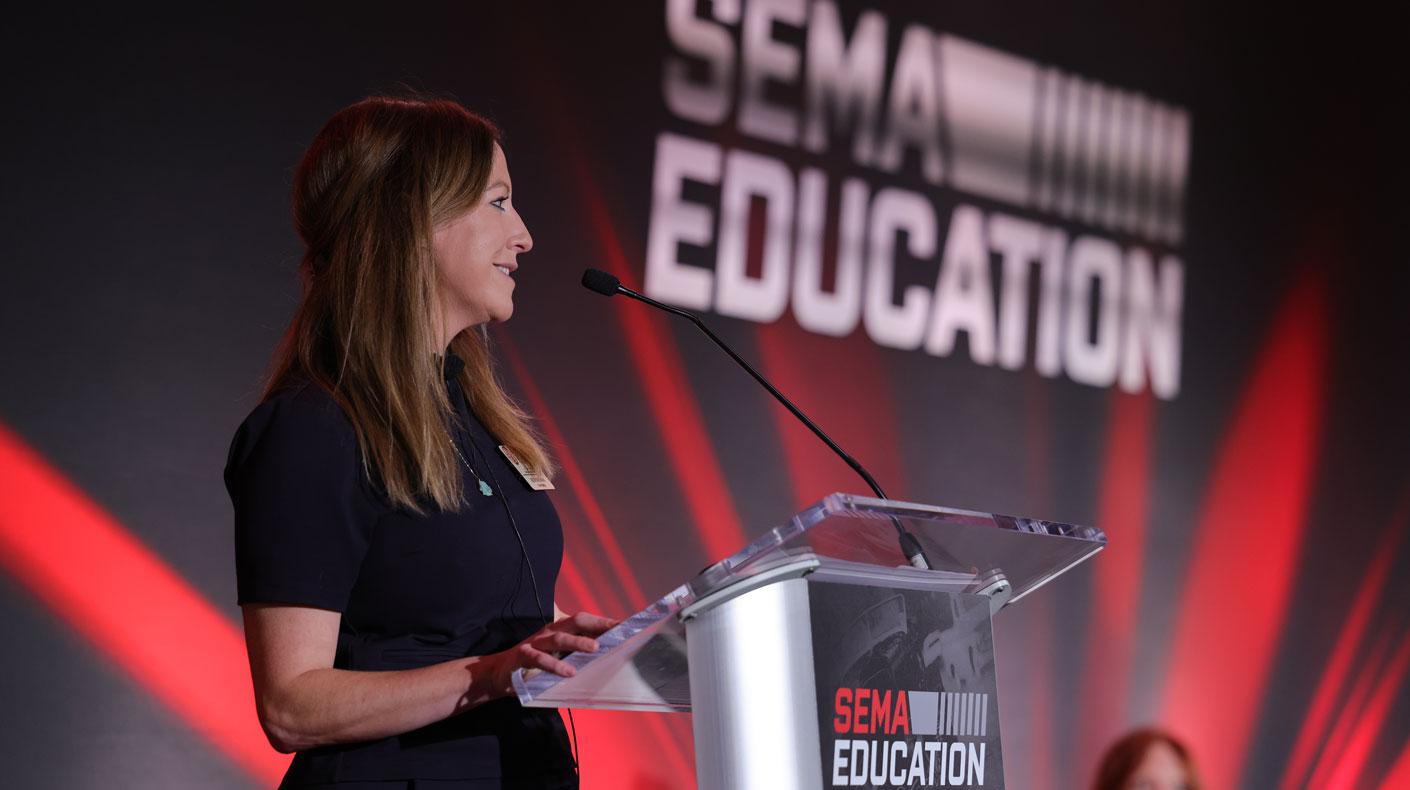By SEMA Washington, D.C., Staff
The Office of the U.S. Trade Representative (USTR) has requested public comments on the Section 301 tariffs as part of the statutorily required four-year review process. The review covers tariffs on all four Lists, as Lists 1 and 2 were implemented over four years ago and Lists 3 and 4a are considered modifications of these actions. The purpose of the review is to determine whether the tariffs should continue, expire or be modified following their four-year anniversary dates.
In 2018, the USTR instituted a Section 301 investigation of Chinese trade practices and imposed $50 billion in tariffs on a variety of goods on Lists 1 and 2, including miscellaneous metal and rubber parts. After China responded with retaliatory tariffs, the U.S. imposed the additional List 3 and 4a tariffs. The List 3 tariffs apply to most auto parts.
The USTR is seeking “comments on the effectiveness of the actions in achieving the objectives of the investigation, other actions that could be taken, and the effects of such actions on the United States economy, including consumers.” The docket will open for comment on November 15, 2022, and close on January 17, 2023. The USTR has identified the following general topics for comments:
- Effectiveness in obtaining the elimination of China’s practices related to technology transfer, intellectual property and innovation as identified by USTR in its Section 301 investigation.
- Other actions or modifications that would be more effective in counteracting practices the USTR identified in its Section 301 investigation.
- Effects on the U.S. economy, including U.S. consumers.
- Effects on domestic manufacturing, including capital investments, domestic capacity and production levels, industry concentrations and profits.
- Effects on U.S. technology, including U.S. technological leadership and U.S. technological development.
- Effects on U.S. workers, including employment and wages.
- Effects on U.S. small businesses.
- Effects on U.S. supply-chain resilience.
- Effects on the goals of U.S. critical supply chains outlined in Executive Order 14017 and in subsequent reports and findings.
- Whether the actions have resulted in higher additional duties on inputs used for additional manufacturing in the United States than the additional duties on particular downstream products or finished goods incorporating those inputs.
Besides the general topics listed above, on November 1, 2022, the USTR intends to post to the docket additional specific questions to guide comments. SEMA encourages companies to share feedback on how they have been impacted by the tariffs and comments on USTR’s consideration of product exclusion requests.
If your business has been impacted by the Section 301 tariffs, please contact Caroline Fletcher at carolinef@sema.org to be incorporated into SEMA’s comments.





